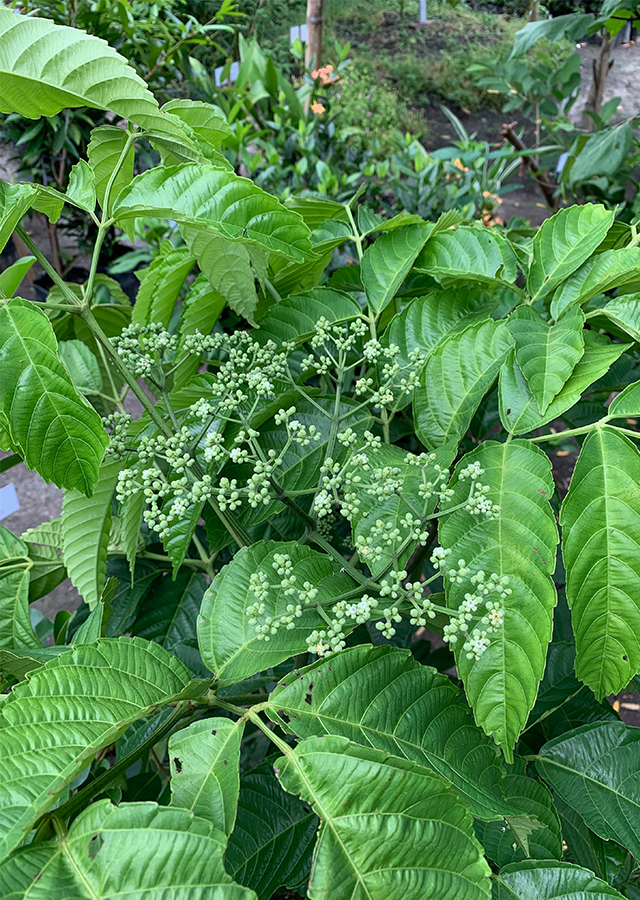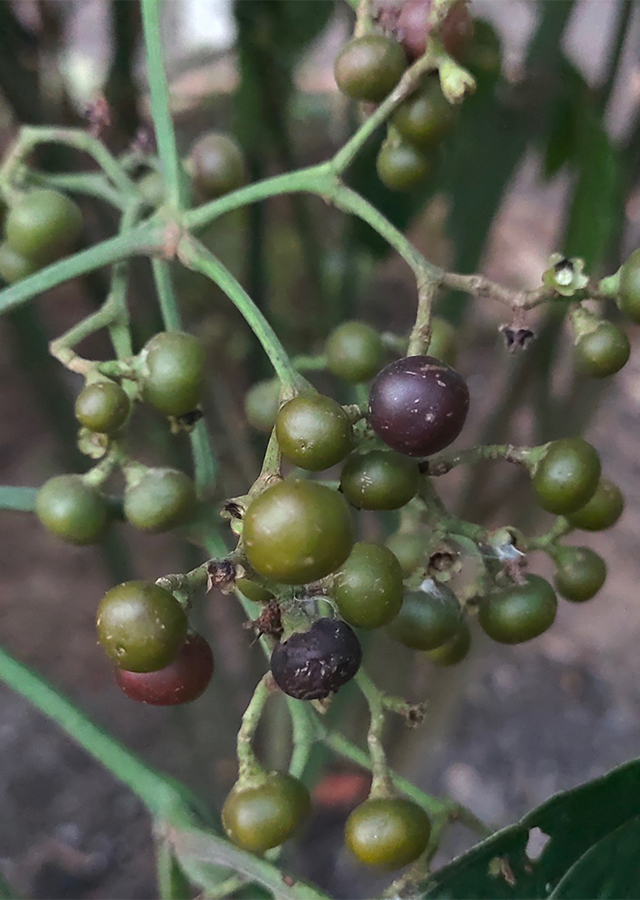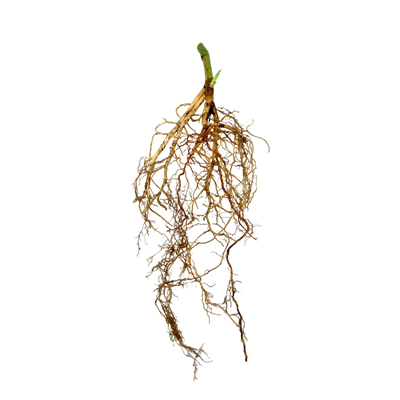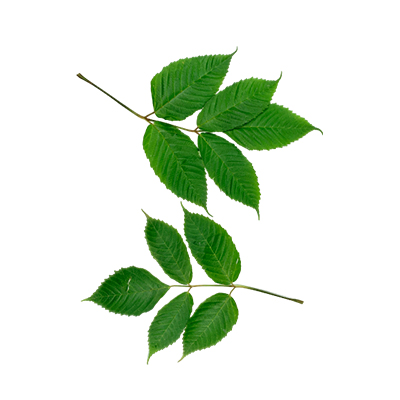Bandicoot Berry
Leea indica (Burm.f.) Merr.
Vitaceae
Location in our garden
Principal



Synonym
Staphylea indica Burm.f.
Aquilicia ottilis Gaertn.
Aquilicia sambucina L.
Habitus
Shrubs. An erect perennial shrub to small tree,grows up to 2-16 m tall.
Part Used
Leaves
Bark
Roots
Twigs
Growing Requirements
Full Sunshine
Need Shade
Habitat
Wetland
Riverbanks
Forest
Mountains
Overview
This species is commonly found across the South-East Asia and Polynesia. It is locally cultivated in India and China for medicinal purposes, is also grown as an ornamental and as a green manure.
Vernacular Names
Yan tuo (Chinese), Karkani (India), Mali-mali (Malaysia), Paikoro(Papua New Guinea), Mali (Phillipines), Burulla (Sri Lanka), Katangbai (Thai).
Agroecology
Leea indica is successful in full or partial sun, preferring hot, fertile, well-drained soil. In mixed dipterocarp, swamp and sub-montane forests up to elevations of 1,200 m, it is undisturbed toslightly disturbed (open sites). Typically found on alluvial sites, along rivers and streams, and on limestone as well.
Morphology
- Stem - around 19 cm in diameter.
- Leaves - pinnate or tripinnate, serratemargins, 90-120 cm long. Leaflets are extremely variable in size and shape.
- Flowers - bisexual, greenish-white, sepals 2-3 by 3-4 mm, smooth to pubescent.
- Fruit - round, fleshy, purple-black berry 5-10 mm in diameter, occasionally to 15 mm,containing 6 seeds.
Cultivation
- Generative propagation is by seeds.
- Vegetative propagation is by stem cuttings and air layering.
Chemical Constituents
- Alkaloids, carbohydrates, triterpenoids, steroids, flavonoids, glycosides, anthraquinone glycosides, tannins, resins, and saponins.
Traditional Medicinal Uses
- To alleviate stomach pain, colic, dysentery and diarrhoea, a decoction of the roots is used. To treat ringworms, diarrhoea, colic, sores, rashes, stings, allergic reactions etc. from other plants, the crushed roots are applied as a poultice.
- Young leaf juice is used as a digestive. The pounded leaves are used in general to poultice wounds and skin problems, put on the head in cases of fever, headache and body pain as a general anodyne. As a treatment for dizziness or vertigo, leaf juice is applied to the head. The body is pounded with leafy shoots for some time in the Oro province to relieve body pains, fevers, and sleeplessness.
- To relieve a serious cough, young shoots are chewed.



